Special Report: How Liberal Immigration Policies are Destroying Our Economy
Source: The Iron Wire
(0:00 - 0:05) I'm Will Dove. And I'm Hannah Bern. And these are the top stories for today, Monday, June 16th. (0:06 - 0:49) In today's news, an Iron Wire special report on the devastating impact of rampant immigration on our economy. Highlights from the current G7 summit in Alberta. Canada and the UK enter into a new trade agreement. And the war in the Middle East continues to escalate with heavy exchanges between Iran and Israel over the weekend. We've reported in the past on Canada's open doors immigration policies brought in by Justin Trudeau and how the liberals justify this by pointing to an increase in GDP or gross domestic product. We've also reported on studies which show that while immigration does often increase GDP, the important and telling figure is GDP per capita. (0:49 - 1:21) That is, how much does each person produce? GDP per capita is also an excellent indicator of the wealth of individuals in a country. The lower the GDP per capita, the poorer the people are. And now very recent rankings by the Visual Capitalist on GDP per capita growth under our liberal government show just how devastating rampant immigration has been to Canada's economy and how it may very well have been the deciding factor in April's election. (1:21 - 1:56) This chart showing GDP per capita growth of the top 37 countries in the world since 2014, the year before Trudeau's election, shows Canada in dead last position, behind even Mexico, and even references immigration as the cause. A similar chart from the same organization, Visual Capitalist, ranks Canada as the 22nd richest country in the world in 2025, once again by GDP per capita. This may not seem too bad until we consider that Visual Capitalist ranked Canada in 12th position as recently as 2023. (1:57 - 3:34) And among the G7 nations, we're being dramatically outperformed by our American neighbors, despite having a much smaller population and therefore have relatively far more natural resources per capita. And Visual Capitalist's projections for the next five years don't show hope for improvement. We compiled our own chart from Statistics Canada data of immigration since 2015. You can see that immigration has grown steadily under the Liberals, dropping off only during 2020 due to travel restrictions. In 2023, the most recent year for which we could find complete data, official records show almost 500,000 immigrants, or nearly 1.2% of the total population. And we know these numbers are low as they don't take into account student visas, so we found that data for you as well. In 2022 and 2023 alone, over 1 million student visas were granted. And we know from past reporting that many of those students never left. Some of them never showed up for classes either. All of this despite repeated warnings from CSIS that they don't actually know how many foreigners are currently residing in Canada, and that at least some of them are potential terrorists, radical Muslim extremists. Combining the two figures, we can see that in the nine years since Trudeau was elected, the Liberals have brought 6.3 million foreigners into Canada. That's almost 16% of the total population of Canada in just nine years. (3:34 - 5:24) In Will's recent interview with the economist Martin Armstrong, Martin revealed that leftist governments use immigration to bolster their election votes. The Liberals bring in large numbers of immigrants and give them money when they get here, such as the $20,000 given to every Ukrainian refugee family who has come to Canada since 2022. And so, of course, these immigrants vote for the government that gave them those gifts from our tax dollars. And it seems the strategy works. While foreign students can't vote, immigrants who become naturalized citizens can. In the April election, the Liberals received 43.7% of the popular vote compared to the Conservatives, 41.3%, which equates to just under half a million more votes for the Liberals than the Conservatives. Since 2015, of the millions of immigrants the Liberals have brought to Canada, almost two and a quarter million of them have become citizens, more than five times the difference in the popular vote in the last election. The G7 summit in Alberta, which started yesterday and will continue through tomorrow, brings together world leaders against a backdrop of ongoing geopolitical tensions and renewed debates over group membership and defense spending. And this is the 50th birthday, if you will, of the G7. This marks the 50th birthday of the G7, and the G7 is nothing without U.S. leadership. And so, and your personal leadership, leadership of the United States, many issues, geopolitics, economic, technology, and working hand in hand with the United States, Canada and the United States, and the other G7 partners with your leadership. I'm very much looking forward to the meeting and grateful to have you. (5:25 - 6:09) President Trump used his platform during a joint news conference with Mark Carney to repeatedly revisit the topic of Russia's exclusion from the group. He referred to the 2014 decision, which saw Russia suspended from what was then the G8, following its annexation of Crimea, as a mistake. The G7 used to be the G8. Barack Obama and a person named Trudeau didn't want to have Russia in. And I would say that that was a mistake, because I think you wouldn't have a war right now if you had Russia in. And you wouldn't have a war right now if Trump were president four years ago. But it didn't work out that way. But it used to be the G8. And now it's, I guess, what's that, nine years ago, eight years ago, it switched over. (6:10 - 6:33) They threw Russia out, which I claimed was a very big mistake, even though I wasn't in politics, and I was very loud about it. It was a mistake in that you spend so much time talking about Russia, and he's no longer at the table. He incorrectly attributed the push for Russia's expulsion to both Barack Obama and former Canadian Prime Minister Justin Trudeau, overlooking the fact that Canada was led by Stephen Harper at the time. (6:34 - 7:24) In 2014, world leaders, including Obama, stated that international law prohibits the acquisition of part or all of another state's territory through coercion or force. And condemned the, quote, illegal referendum held in Crimea in violation of Ukraine's constitution. The removal of Russia from the group stood as a rebuke to what Western nations saw as a violation of international norms. Amidst these diplomatic and security discussions, energy policy also featured in the summit's periphery. Conservative critics, including prominent voices in Canadian independent media, have asserted that Canadian liberal anti-energy policies have cost Canada $670 billion in the past 10 years, as we ourselves reported on recently. We will continue to report any major discussions or developments which result from the summit. (7:28 - 8:09) Canada has officially endorsed the United Kingdom's entry into the Comprehensive and Progressive Agreement for Trans-Pacific Partnership, CPTPP, paving the way for expanded trade between the two nations and offering British business greater access to a multi-trillion dollar market. The agreement positions the UK, for the first time since its departure from the European Union five years ago, at the heart of a trade bloc encompassing major economies across the Pacific Rim. During a meeting between Mark Carney and UK leader Keir Starmer, the two leaders announced Canada's formal agreement to the UK's CPTPP accession. (8:10 - 12:02) The CPTPP is now composed of 12 member countries, the UK, Australia, Brunei, Canada, Chile, Japan, Malaysia, Mexico, New Zealand, Peru, Singapore, and Vietnam, with a combined GDP of approximately $22 trillion Canadian dollars. The official Downing Street statement highlighted the warm and productive dialogue between Carney and Starmer, underscoring their shared vision for an enhanced partnership that benefits both British and Canadian citizens. The UK formally joined the CPTPP on December 15, 2024. For Canada, the deal will be legally effective 60 days after legislative ratification. The move is expected to significantly reduce tariffs on goods traded between the UK and Canada, giving both exporters and importers a boost in the face of U.S. tariffs. In addition to trade, Carney and Starmer discussed pressing geopolitical issues, including heightened tensions in the Middle East, particularly between Israel and Iran, and the ongoing conflict in Ukraine. Both leaders agreed on the importance of leveraging the current G7 summit as an opportunity to promote de-escalation and advance collective security among NATO allies. To further deepen cooperation, Carney and Starmer agreed to establish a joint task force dedicated to accelerating progress in areas of mutual interest, such as technology and artificial intelligence. This initiative will also seek to advance discussions on a broader UK-Canada free trade agreement. A Downing Street spokesman emphasized Carney's assessment that the world has changed when it comes to trade and the economy, urging both governments to quickly reduce trade barriers wherever possible. Tensions between Israel and Iran escalated dramatically over the weekend as both nations launched targeted attacks against each other's critical infrastructure and military sites, marking a significant intensification of the conflicts in the Middle East. On Saturday, Israel struck Iran's critical energy sector for the first time, targeting the onshore refinery at Phase 14 of the South Pars gas field in Iran's Bushehr province. The attack, carried out using a small aerial drone, set parts of the refinery ablaze and resulted in a powerful explosion and fire. According to the semi-official Tasnim News Agency, this fire at the refinery halted production from one of its offshore platforms, cutting output by 12 million cubic meters of gas per day. Firefighters managed to prevent the blaze from spreading to other units, but a separate fire also broke out at the nearby Fajr Jam gas refinery, which processes gas from South Pars and other fields, and is one of Iran's largest refineries. South Pars is Iran's half of the world's largest natural gas field. The other half is owned by Qatar, where it is known as the North Dome, and provides roughly two-thirds of Iran's natural gas. While Iranian authorities stated that the country's oil refineries and storage tanks remained unharmed and fuel supplies were stable nationwide, the attack was a direct blow to Iran's energy export infrastructure, which already lags behind Qatar's due to the lack of operational LNG terminals. Iran responded to Israel's attack with a missile barrage against targets inside Israel. According to reports, these strikes caused casualties in Israel, although specific numbers are not yet available. The Israel Defense Forces warned Iranian citizens to leave areas near military sites, apparently in anticipation of further hostilities. (12:03 - 12:29) Israel's most recent wave of attacks prior to the refinery strike began Friday, targeting Iranian nuclear and missile facilities and resulting in the deaths of at least 78 people with 320 others injured, according to figures earlier announced by Iran's UN envoy. Unofficial estimates suggest the actual death toll could be much higher. Amidst the spiraling violence, international leaders have scrambled to mediate. (12:29 - 12:54) U.S. President Donald Trump reportedly spoke by phone with Russian President Vladimir Putin about ending the conflict, and Trump was quoted as telling Israel not to kill Iran's supreme leader. However, the details of these diplomatic conversations and their outcomes remain unclear. I'm Will Dove. And I'm Hannah Bern. And those are the top stories for today, Monday, June 16.
1 Comments
Leave a Comment Cancel Reply
You must be logged in to post a comment.






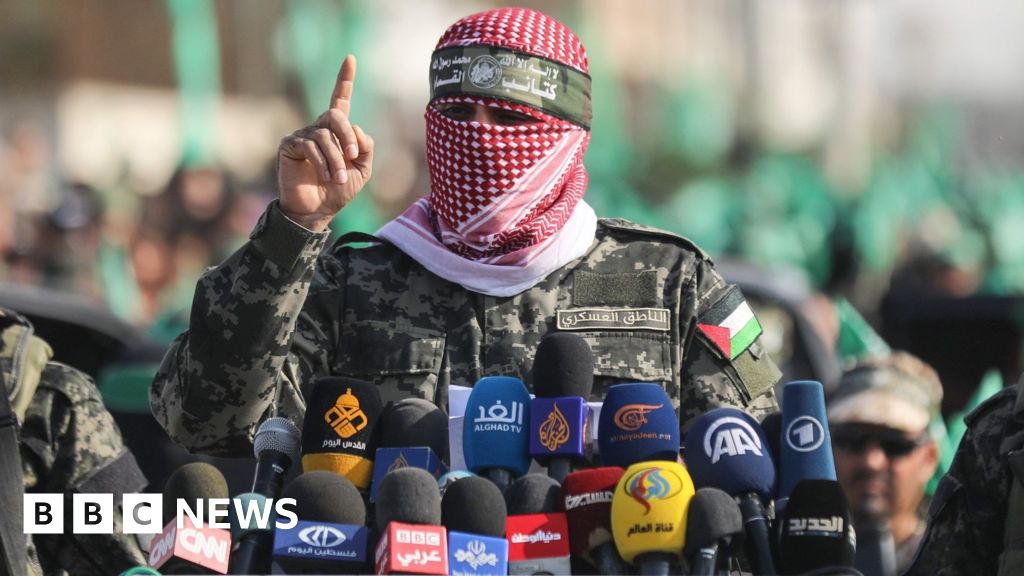
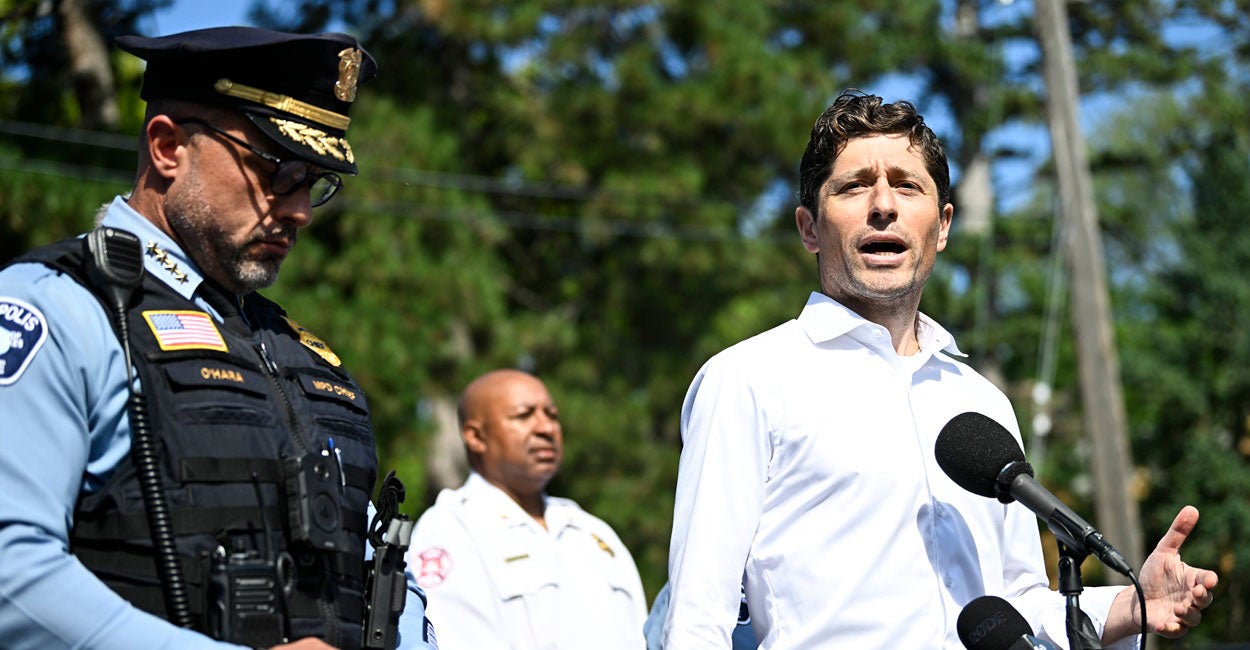
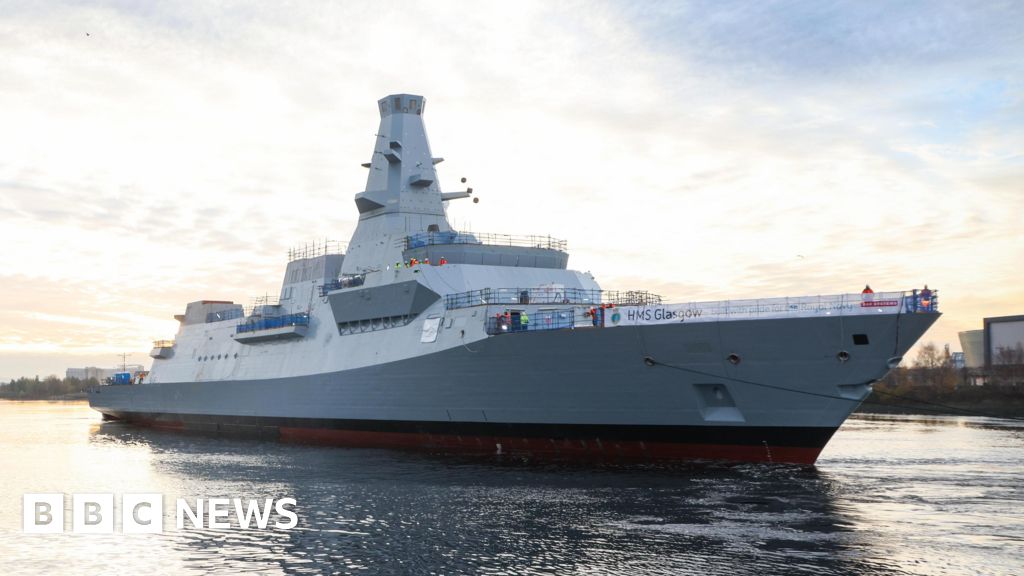
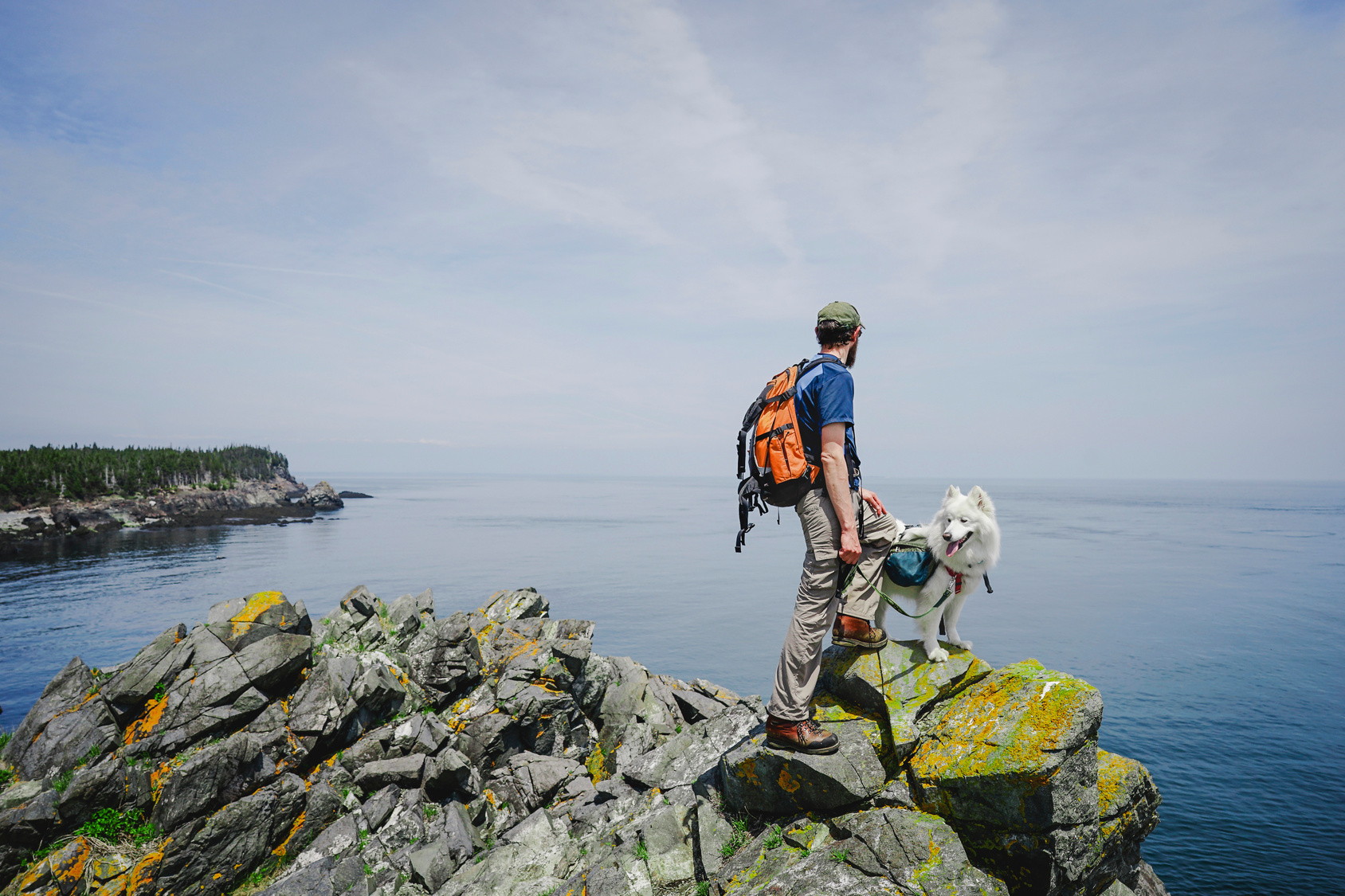
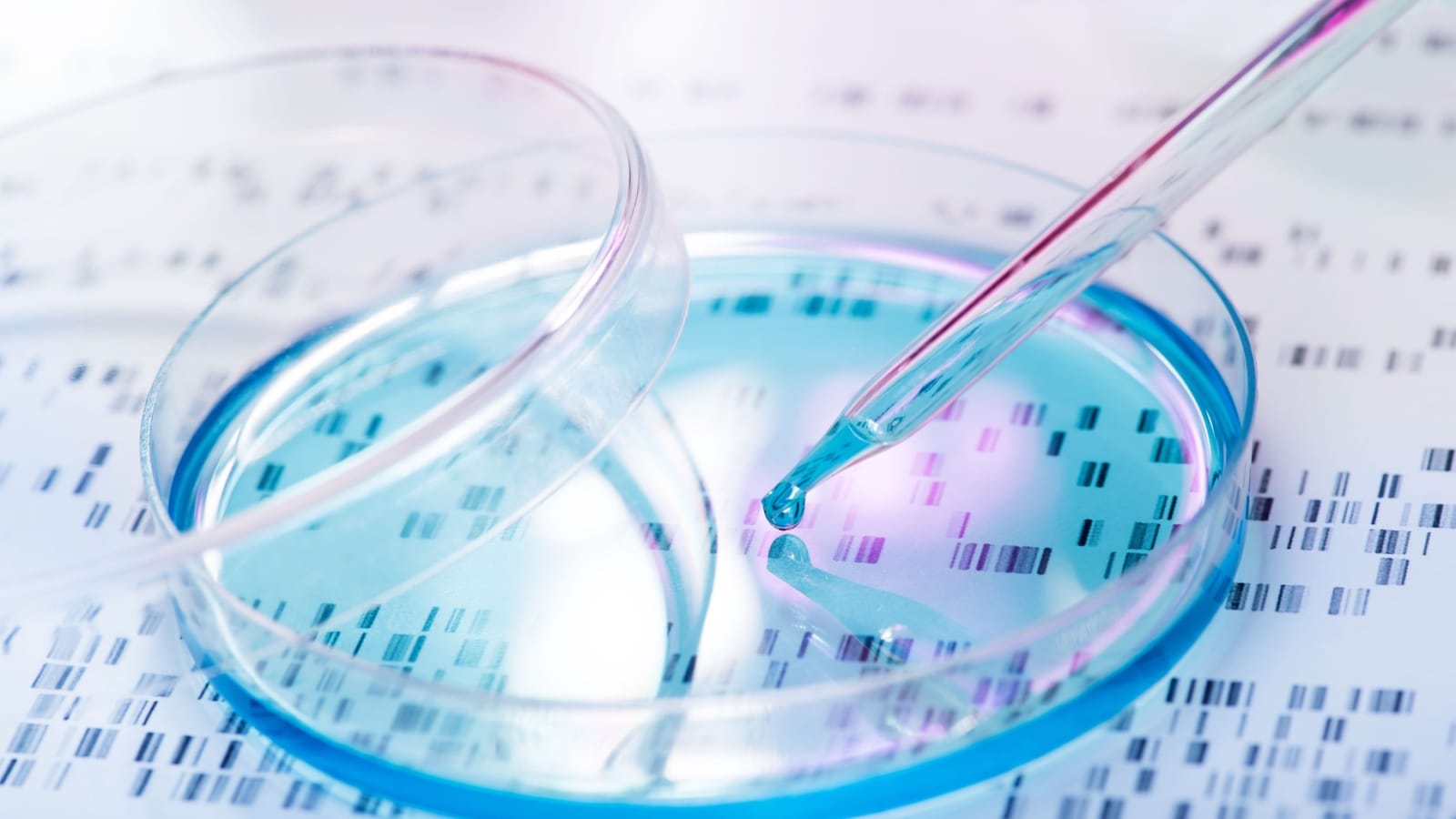

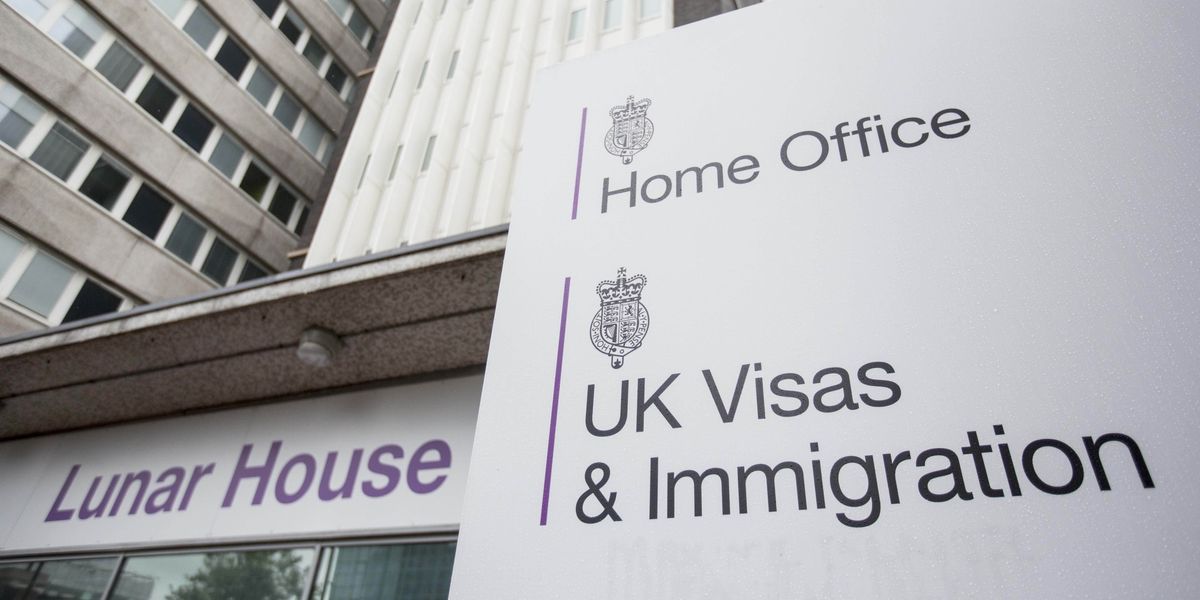
Will, you did not accurately speak about the conflict between Iran and Israel. Iran is targeting civilians, not military resources. Israel is targeting military resources, nuclear weapons facilities and terrorists.